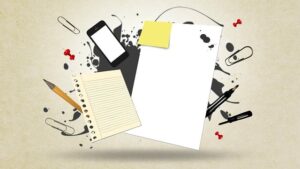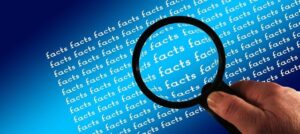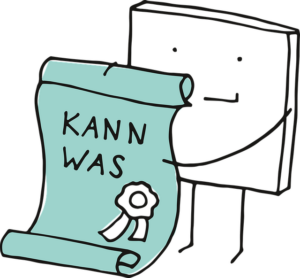Ensuring Accuracy: Professional Translation Services for Drug Safety Reports UK
In the pharmaceutical sector, Translation services for Drug Safety Reports UK are vital for navigating the UK market and ensuring public safety. Accurate translations of complex adverse event data are crucial to comply with local regulations and main…….

In the pharmaceutical sector, Translation services for Drug Safety Reports UK are vital for navigating the UK market and ensuring public safety. Accurate translations of complex adverse event data are crucial to comply with local regulations and maintain data integrity. Professional services, employing skilled linguists with medical expertise, offer reliable solutions by adhering to regional guidelines and advanced quality assurance processes. This is essential to avoid misinterpretations that could pose serious health risks.
Key considerations include:
– Choosing specialists with pharmacology expertise for precise terminology translation.
– Implementing hybrid models combining machine efficiency with human review.
– Following best practices like leveraging translation memory tools and independent reviews for quality verification.
– Embracing technological advancements, such as AI-powered machine translation, to streamline processes while maintaining accuracy.
In the dynamic pharmaceutical landscape of the UK, ensuring the accuracy of drug safety report translations is paramount. This article delves into the critical aspects of translating these essential documents, exploring the impact of professional translation services on healthcare communication. We analyze common challenges, the importance of medical terminology consistency, regulatory compliance, and the ongoing debate between human and machine translation. Additionally, we present case studies, best practices, future trends, and offer conclusions to help pharmaceutical companies navigate the UK market with reliable translation partners.
- Understanding the Importance of Accurate Drug Safety Report Translations in the UK
- The Role of Professional Translation Services in Healthcare Documentation
- Common Challenges in Translating Drug Safety Reports
- Ensuring Quality and Consistency in Medical Terminology
- Adhering to Regulatory Standards for Pharmaceutical Translations
- The Impact of Human vs Machine Translation on Accuracy
- Case Studies: Success Stories of Accurate UK Safety Report Translations
- Best Practices for Verifying Translation Quality in the Pharmacy Sector
- Future Trends in Drug Safety Report Localization Services
- Conclusion: Choosing Reliable Partners for Your UK Market Entry
Understanding the Importance of Accurate Drug Safety Report Translations in the UK
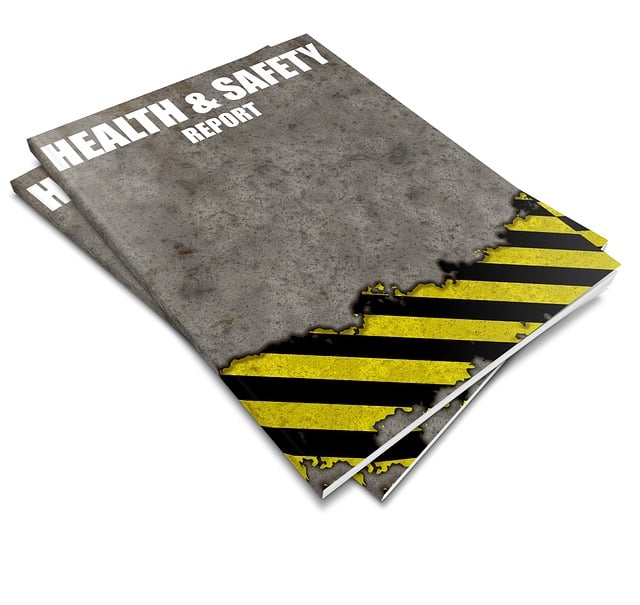
In the highly regulated pharmaceutical industry, drug safety reports play a pivotal role in ensuring patient safety and regulatory compliance. These comprehensive documents detail adverse event information, providing critical insights for healthcare professionals and regulators alike. When it comes to the UK market, accurate translations of these safety reports are not just desirable—they are imperative.
Translation services for Drug Safety Reports UK must be meticulously executed to maintain data integrity and adherence to local regulations. Inaccurate or poorly translated reports can lead to miscommunication, delayed response times, and potential risks to public health. Therefore, choosing a reputable translation service with specialized expertise in pharmaceutical terminology is essential to guarantee the precision and reliability of safety report translations.
The Role of Professional Translation Services in Healthcare Documentation
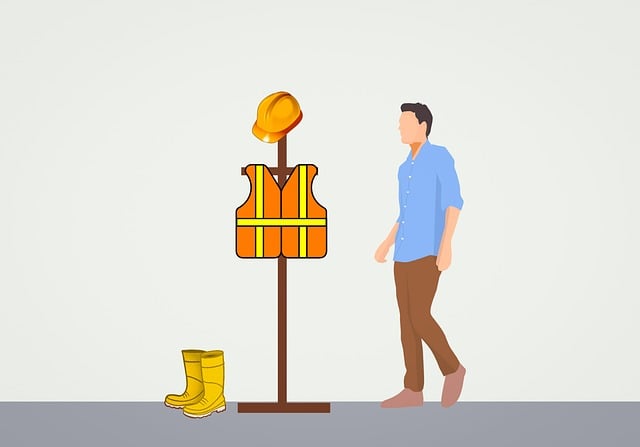
Professional translation services play a vital role in ensuring accurate and reliable communication within healthcare documentation, especially when it comes to drug safety reports in the UK. With an increasing global presence of pharmaceutical companies operating across borders, precise translations are essential to convey critical information about potential side effects, interactions, and precautions associated with medications. These services employ qualified linguists who possess not only expert knowledge of medical terminology but also a deep understanding of regulatory requirements specific to each country.
In the case of drug safety reports, translation goes beyond simple word-for-word substitution. Translators must stay abreast of local guidelines and standards set by regulatory bodies like the Medicines and Healthcare products Regulatory Agency (MHRA) in the UK. They interpret complex scientific data and transform it into clear, concise language suitable for a diverse range of audiences, including medical professionals, researchers, and patients. By leveraging advanced technologies and quality assurance processes, professional translation services guarantee that drug safety reports are not only accurately translated but also culturally adapted to suit the target audience, thereby enhancing patient safety and regulatory compliance.
Common Challenges in Translating Drug Safety Reports
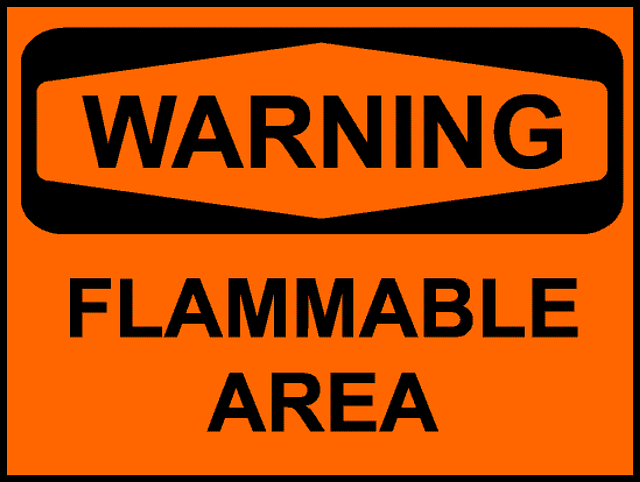
Translating drug safety reports presents unique challenges due to their highly technical and regulated nature. Accurately conveying complex medical terminology and ensuring compliance with stringent industry standards is paramount, especially when it comes to safety profiles of pharmaceuticals in the UK market. A key challenge lies in maintaining consistency across languages while adapting content for cultural nuances and regulatory requirements specific to the target region.
Another significant hurdle is capturing the subtle shades of meaning within these reports, as medical language can be nuanced and context-dependent. Misinterpretations or inaccurate translations could lead to miscommunication about potential side effects, contraindications, or drug interactions, which may have serious consequences. Therefore, relying on professional translation services specializing in Drug Safety Reports UK is essential to ensure the integrity and precision of vital healthcare information.
Ensuring Quality and Consistency in Medical Terminology

Ensuring Quality and Consistency in Medical Terminology is paramount when it comes to translating safety reports, especially in the highly regulated domain of Drug Safety Reports UK. The precision with which medical terms are conveyed impacts directly on the accuracy of the overall report, which can have significant implications for public health and regulatory compliance. Professional translation services specializing in drug safety reports employ teams of linguists who are not only fluent in both source and target languages but also possess expertise in medical terminology. This specialized knowledge ensures that complex medical concepts are translated accurately, preserving the intended meaning and ensuring consistency across different sections of the report.
Consistency is achieved through rigorous quality control measures that include extensive review by subject matter experts. These experts verify not only grammatical correctness but also the appropriateness of terms used in the context of drug safety reporting. By maintaining high standards throughout the translation process, these services deliver reports that are reliable and trustworthy, meeting the stringent requirements of UK regulatory bodies and facilitating smooth communication between international pharmaceutical companies and local authorities.
Adhering to Regulatory Standards for Pharmaceutical Translations
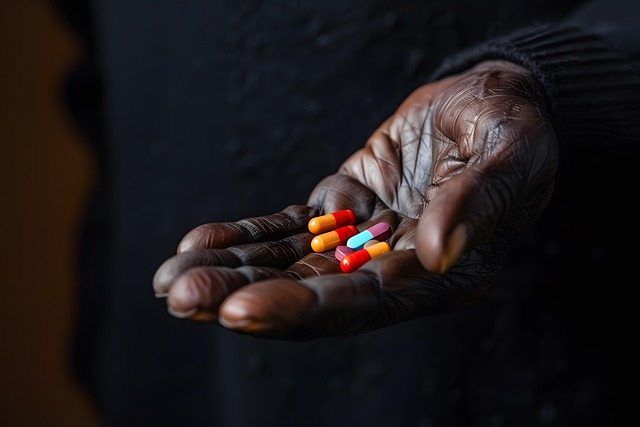
In the realm of pharmaceutical translations, especially for drug safety reports in the UK, adhering to stringent regulatory standards is paramount. These standards ensure that communications related to medication safety are clear, accurate, and consistent across all languages. Translation services for Drug Safety Reports UK must be equipped to handle complex scientific terminology while maintaining compliance with guidelines from bodies like the Medicines and Healthcare products Regulatory Agency (MHRA). Professional translators specializing in pharmacology and regulatory affairs play a crucial role in this process.
They employ not only linguistic expertise but also a deep understanding of the pharmaceutical domain, ensuring that translated reports convey critical information as intended. This meticulous approach helps prevent misinterpretations that could have severe consequences for patient safety. By adhering to these rigorous standards, translation services contribute to the seamless circulation of essential drug safety data, facilitating global access to crucial information without compromising quality or accuracy.
The Impact of Human vs Machine Translation on Accuracy
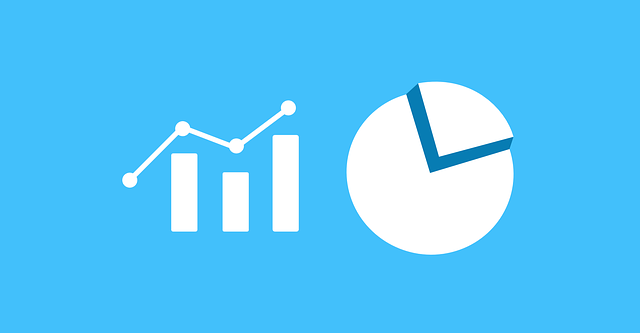
The accuracy of safety report translations is a critical aspect when it comes to ensuring effective communication in the pharmaceutical industry, especially within the UK market. When comparing Human vs Machine Translation (HMT vs MMT) for Drug Safety Reports, understanding their respective strengths and limitations is essential.
Human translators offer a deeper level of expertise, especially in highly technical fields like drug safety reporting. They can provide not just linguistic accuracy but also domain-specific knowledge, ensuring that the translated content aligns with regulatory requirements. However, human translation can be time-consuming and expensive, making it less feasible for large volumes of documents. On the other hand, Machine Translation (MT) systems have made significant advancements in recent years, offering faster and more cost-effective solutions. MT can rapidly process and translate vast amounts of text, including safety reports, with consistent output. However, without human review, MT may still produce inaccuracies related to industry-specific terminology or complex sentence structures. Choosing the right translation service for Drug Safety Reports UK should consider a blend of these approaches, leveraging machine efficiency while employing human expertise for quality assurance.
Case Studies: Success Stories of Accurate UK Safety Report Translations

In the realm of pharmaceutical translations, especially for Drug Safety Reports in the UK, case studies serve as vivid examples of successful navigation through linguistic and cultural complexities. These stories highlight the pivotal role played by professional translation services in ensuring the accuracy and reliability of safety data dissemination. For instance, a leading pharmaceutical company faced the challenge of translating their extensive drug safety database into multiple European languages, including British English, to comply with regulatory requirements across the EU. By engaging specialized translators with deep domain knowledge in pharmacovigilance, they achieved seamless translation, maintaining the critical integrity of medical terminology and regulatory compliance.
Another success story involves a global clinical research organization that required precise translation of safety reports for a phase III clinical trial conducted across multiple UK sites. The project demanded not just linguistic proficiency but also an understanding of regional variations in medical practices and terminologies. Skilled translators, adept at translating Drug Safety Reports for the UK market, delivered accurate and culturally sensitive translations, ensuring the safety data was accessible and understandable to local healthcare professionals and regulatory bodies. These case studies underscore the importance of expert translation services in facilitating global drug safety communication, especially when navigating the nuances of the UK healthcare landscape.
Best Practices for Verifying Translation Quality in the Pharmacy Sector
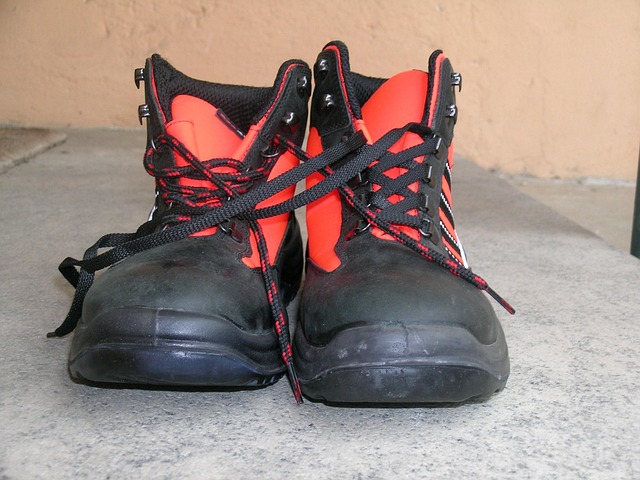
In the pharmacy sector, ensuring the accuracy and quality of translations is paramount, especially when dealing with critical safety reports. Here are best practices to verify translation quality for Drug Safety Reports UK:
First, choose translation services that specialize in pharmaceutical documentation. Look for providers with native-level pharmacists or experts in pharmacology who can offer a deep understanding of technical terminology. Second, implement a thorough review process. Have subject matter experts (SMEs) from your team double-check the translated reports against the original text to identify any discrepancies. Third, leverage technology by utilizing translation memory tools that keep track of previously translated terms, ensuring consistency throughout the report. Lastly, consider formal quality assurance (QA) processes where independent reviewers assess the translations for accuracy and fluency.
Future Trends in Drug Safety Report Localization Services
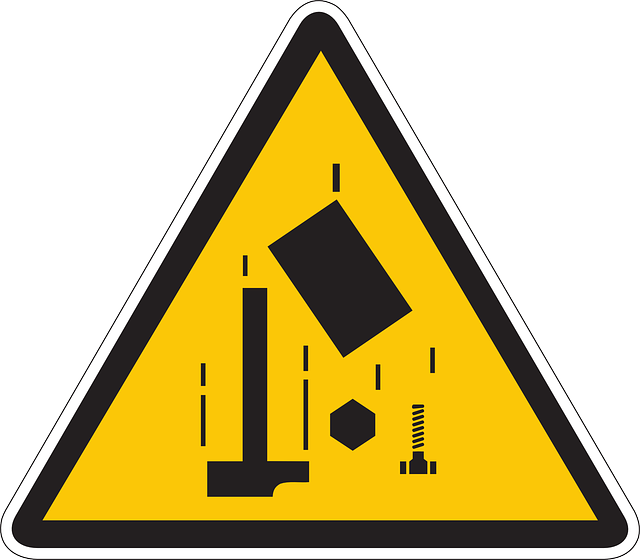
The future of drug safety report localization services in the UK is poised for significant advancements, driven by technological innovations and growing regulatory demands. Automation and machine translation technologies are expected to play a pivotal role, offering faster and more precise translations compared to traditional methods. This evolution will be particularly beneficial for handling high-volume reports efficiently while maintaining critical accuracy standards.
As the pharmaceutical industry continues to globalize, the need for seamless communication across languages becomes increasingly vital. Translation services for Drug Safety Reports UK are evolving to meet these challenges by employing advanced linguistic AI models that can capture complex medical terminology and regulatory nuances. This ensures that safety data is accurately conveyed, facilitating informed decision-making processes for healthcare authorities and researchers worldwide.
Conclusion: Choosing Reliable Partners for Your UK Market Entry

When navigating the complex landscape of drug safety report translations for the UK market, choosing reliable partners is paramount to ensure accuracy and compliance. The stakes are high; any errors or misinterpretations could delay entry or worse, lead to regulatory issues. Professional translation services specializing in Drug Safety Reports (DSRs) understand the critical nature of this documentation and employ subject matter experts who possess deep knowledge of both pharmaceutical terminology and UK-specific regulations.
Investing in reputable translation partners equipped to handle DSRs demonstrates a commitment to quality and risk mitigation. Their rigorous quality assurance processes, including peer review and native speaker checks, help guarantee that your reports are not only translated accurately but also convey the intended meaning coherently. Ultimately, partnering with trusted experts facilitates a smoother UK market entry process, ensuring your drug safety data is presented with precision and authority.
In conclusion, accurate drug safety report translations are paramount for successful market entry into the UK. The intricate nature of healthcare documentation demands professional translation services that understand medical terminology and adhere to stringent regulatory standards. By overcoming common challenges and adopting best practices, companies can ensure the impact of their translated reports resonates clearly, fostering trust and compliance in the UK pharmaceutical landscape. When selecting partners, prioritize those specializing in translation services for drug safety reports UK, ensuring a reliable and precise journey into this vital market.

